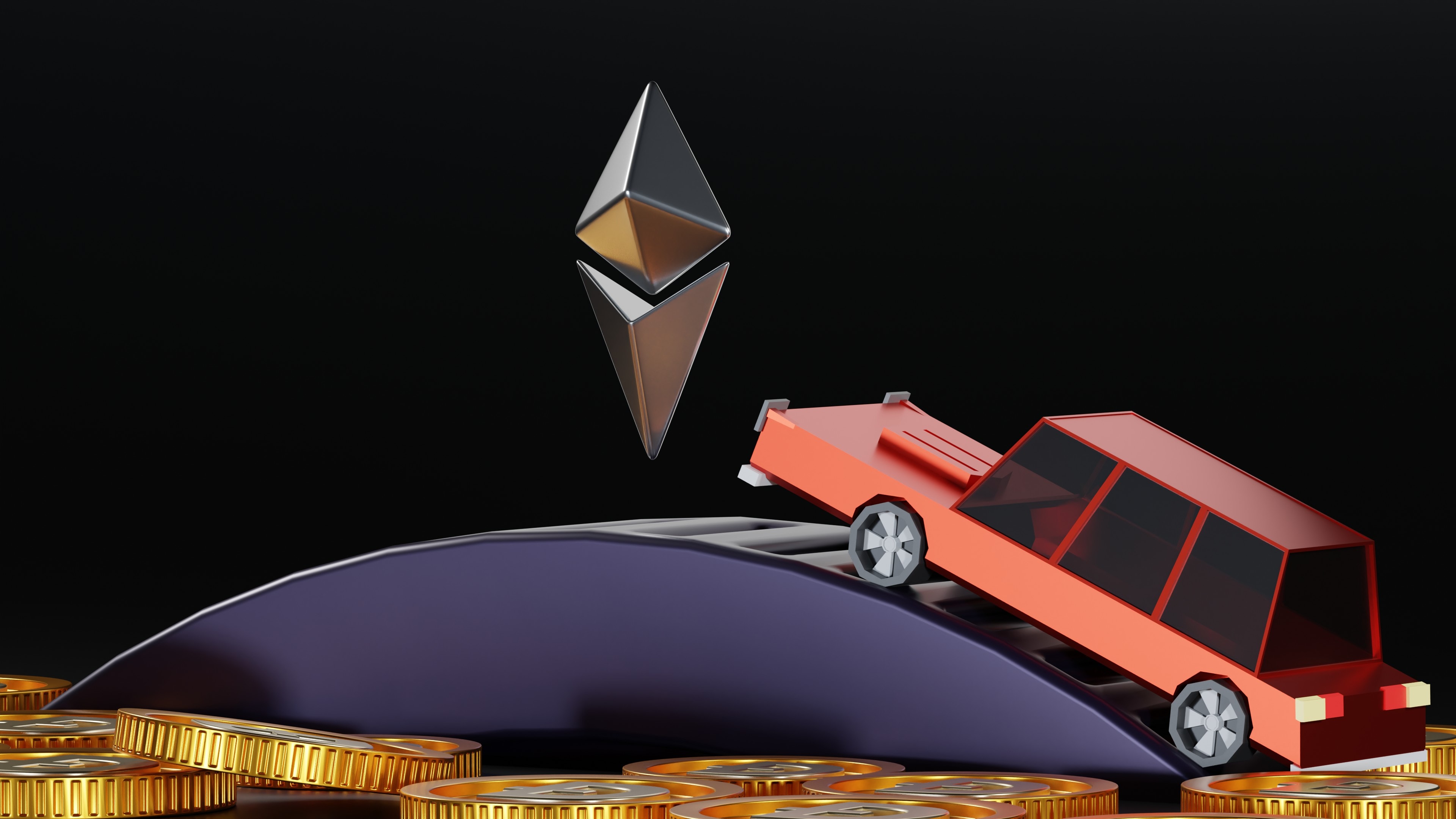The used car market is a thriving industry, with millions of vehicles changing hands every year. However, it is also plagued by challenges such as fraud, odometer tampering, and incomplete vehicle history records. Buyers often face uncertainties about a vehicle’s true condition and history, leading to mistrust and potential financial losses. Fortunately, blockchain technology is emerging as a powerful tool to address these issues by creating a transparent and immutable vehicle history. In this article, we explore how blockchain is revolutionizing the used car market by combating fraud and providing buyers with a reliable source of information.
One of the primary advantages of blockchain technology is its ability to create an unalterable and auditable record of transactions and events. In the context of the used car market, this means that every important piece of information about a vehicle’s history, including maintenance records, accident reports, and ownership transfers, can be securely stored on the blockchain. This transparent vehicle history becomes a reliable source of truth that can be accessed by anyone with permission, ensuring transparency and minimizing the risk of fraudulent activities.
Odometer tampering is a common issue in the used car market, where sellers manipulate mileage readings to deceive buyers about a vehicle’s true usage. Blockchain can tackle this problem by recording the mileage data at regular intervals and storing it on the distributed ledger. This creates an immutable trail of the vehicle’s mileage history, making it virtually impossible for anyone to tamper with the readings without detection. Buyers can confidently verify the accuracy of the odometer readings, thus preventing potential fraud.
Additionally, blockchain technology facilitates the verification of ownership history. Each time a vehicle changes ownership, the transaction can be recorded on the blockchain, along with the corresponding identification details of the buyer and seller. This ensures that the entire ownership trail is transparent and traceable. Buyers can easily access this information, giving them confidence in the legitimacy of the seller and reducing the risk of purchasing a stolen or illegally obtained vehicle.
Another benefit of leveraging blockchain in the used car market is the integration of decentralized vehicle registries. Currently, vehicle history reports are typically provided by centralized entities that may have limited data or be susceptible to manipulation. By using blockchain, a decentralized registry can be created, where multiple participants contribute to and validate the vehicle history data. This distributed consensus ensures a higher level of trust and reliability, as no single entity has control over the information.
Blockchain-based solutions can also improve the efficiency and accuracy of inspections and certifications in the used car market. Inspection reports, maintenance records, and other relevant documents can be securely stored on the blockchain, making them easily accessible and verifiable by prospective buyers. This eliminates the need for manual verification processes, streamlines transactions, and reduces the risk of fraudulent documents.
Moreover, blockchain can enable the tokenization of used cars, allowing buyers to purchase fractional ownership or shares of a vehicle. These digital tokens represent ownership rights and can be traded on blockchain-based platforms. This innovative approach enhances liquidity, expands investment opportunities, and provides buyers with more flexible ownership options.
While blockchain technology offers tremendous potential for transforming the used car market, there are challenges to overcome. Establishing industry-wide standards, ensuring interoperability between different blockchain platforms, and encouraging widespread adoption are crucial steps in realizing the full benefits of blockchain in combating fraud and providing transparent vehicle histories.
In conclusion, blockchain technology is revolutionizing the used car market by creating a transparent and immutable vehicle history. By leveraging blockchain’s capabilities, such as secure data storage, decentralized verification, and fraud prevention, buyers can make more informed decisions and mitigate risks associated with fraud and incomplete information. As blockchain solutions continue to evolve and gain traction, the used car market is poised to become more transparent, trustworthy, and efficient for all stakeholders involved.

